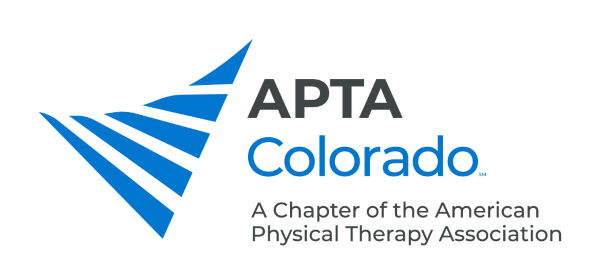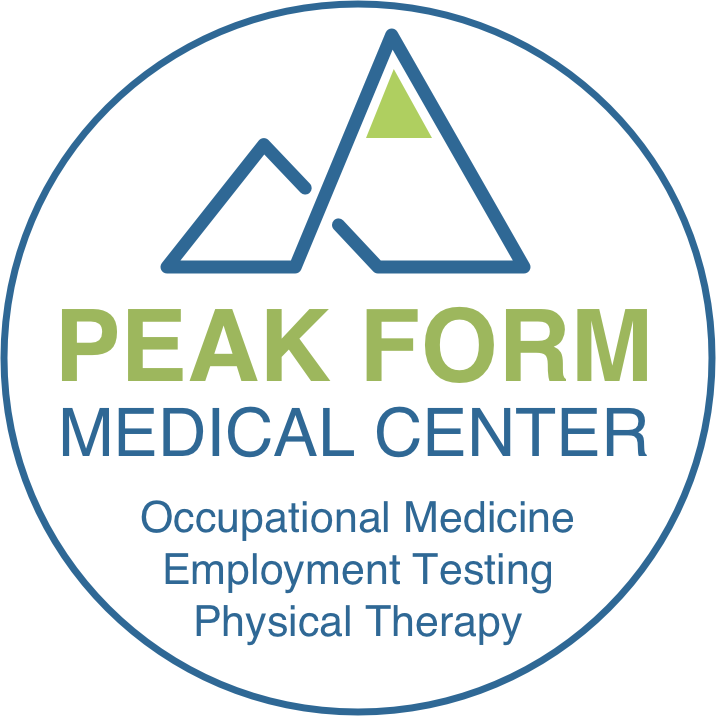Blood Test for Early Alzheimer’s DetectionOne of the first stages of Alzheimer’s disease involves formation of toxic aggregates, called oligomers, of the protein amyloid beta (Aβ). These oligomers can start to form more than a decade before symptoms appear and before other known disease markers form. The ability to detect these oligomers would permit early disease diagnosis. This would make strategies to intervene before irreparable brain damage occurs possible. An NIH-funded research team led by Valerie Daggett at the University of Washington developed a method to detect toxic Aβ oligomers in patients’ blood. They tested the assay, called the soluble oligomer binding assay (SOBA), on nearly 400 banked human blood plasma samples. Results appeared on December 13, 2022, in the Proceedings of the National Academy of Sciences. Toxic Aβ oligomers have a structure known as an alpha sheet that isn’t normally found in proteins. Alpha sheets tend to bind to each other. SOBA takes advantage of this distinct structural feature. The researchers designed a synthetic alpha sheet molecule to bind to the alpha sheets in Aβ oligomers. They showed that their designed molecule, called AP193, bound to the subset of Aβ with alpha sheets but not to other, non-toxic forms of Aβ. Aβ oligomers normally reduce signaling in cultured neurons. Adding AP193 prevented this reduction in signaling. AP193 might thus form the basis for future therapeutic strategies. When the team applied SOBA using AP193 to a cerebrospinal fluid sample from a person with Alzheimer’s disease, they detected Aβ oligomers. They did not detect oligomers in cerebrospinal fluid from a person who had no cognitive impairment. |


